Types of Micromobility, Rules and Regulations
Examples of power-assisted devices are pictured below.
- Government of Ontario information and rules on electric bicycles
- Government of Ontario information and rules on cargo e-bike pilot program
- Government of Ontario information and rules on electric kick-style scooters (e-scooters)
|
Micro-mobility type |
Features |
Operating requirements, rules and regulations |
|
e-bike* (see note)
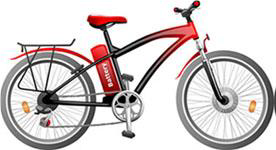 Power-assisted bicycle (e-bike) 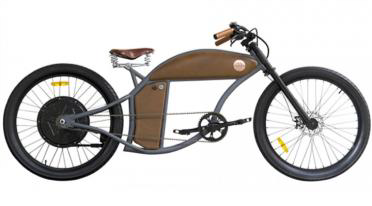 Motor-assisted bicycle 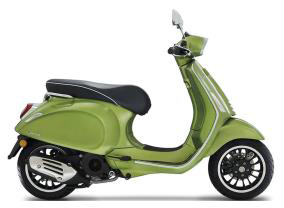

|
E-bikes are motorized bicycles that can look like conventional bicycles, scooters or limited-speed motorcycles. All e-bikes have:
Note: It is illegal to modify an e-bike's motor to make it more powerful or to increase the speed. The definition of e-bikes are being reviewed and further refined. |
Operating requirements: Those operating an e-bike do not need a driver's licence, vehicle permit or licence plate to ride. All e-bike riders must:
What is permitted: Those operating e-bikes can ride their e-bike on most roads and highways where conventional bikes are permitted, with some exceptions. What is not permitted: Those operating e-bikes cannot ride:
|
|
Cargo e-bike** 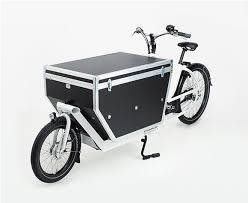
|
Cargo e-bikes are a type of electric-powered bike with a platform or box to carry larger items like packages and boxes for deliveries. All cargo e-bikes have:
|
Currently, cargo e-bikes are not permitted in Vaughan. City of Vaughan is currently not participating in the cargo e-bike pilot.
|
|
e-scooter*** 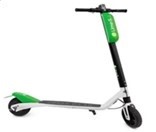
|
E-scooters have battery-powered motors with a platform for your feet and are steered with waist-high handlebars.
|
Operating requirements: Those operating an e-scooter must:
What is permitted:
For the full list of requirements, please see Ontario Regulation Electric Kick-Scooters. What is not permitted: Those operating an e-scooter are not permitted to:
e-scooters are only allowed on public right of ways in municipalities that opt-into the provincial e-scooter pilot program and must pass a by-law to allow them on municipal roads. |
|
Electric skateboard/hoverboard 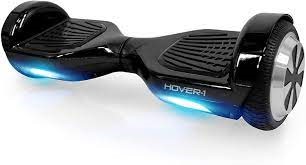
|
|
Electric skateboards/hoverboards are only permitted on private property in Vaughan.
|
|
Unicycle 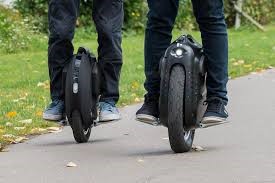
|
|
Unicycles are only permitted on private property in Vaughan.
|
|
Segway 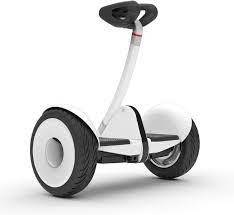
|
|
Segways are only permitted on private property in Vaughan. |
*According Ministry of Transportation Ontario
**Based on Ministry of Transportation Ontario Cargo e-bike pilot program.
***Based on Ministry of Transportation Ontario e-scooter pilot program
